18 Cute Garden Rock Ideas: Achieving a Natural and Relaxing Landscape
If you are browsing for inspiration for your upcoming garden project, we share 18 cute garden rock ideas you can incorporate into your garden design.
Gardening has many different aspects, such as light, water, soil, fertilizer, compost, hardiness zones, design, tools and equipment, its many terms, starting a garden, and seasonal practices. Don’t worry if this sounds like a lot because most of it is easy to learn and implement. We’ll help you along the way as you explore these areas to start or better your garden. As you do, let us know what else we can do or how your journey is going. We’d love to hear from you!
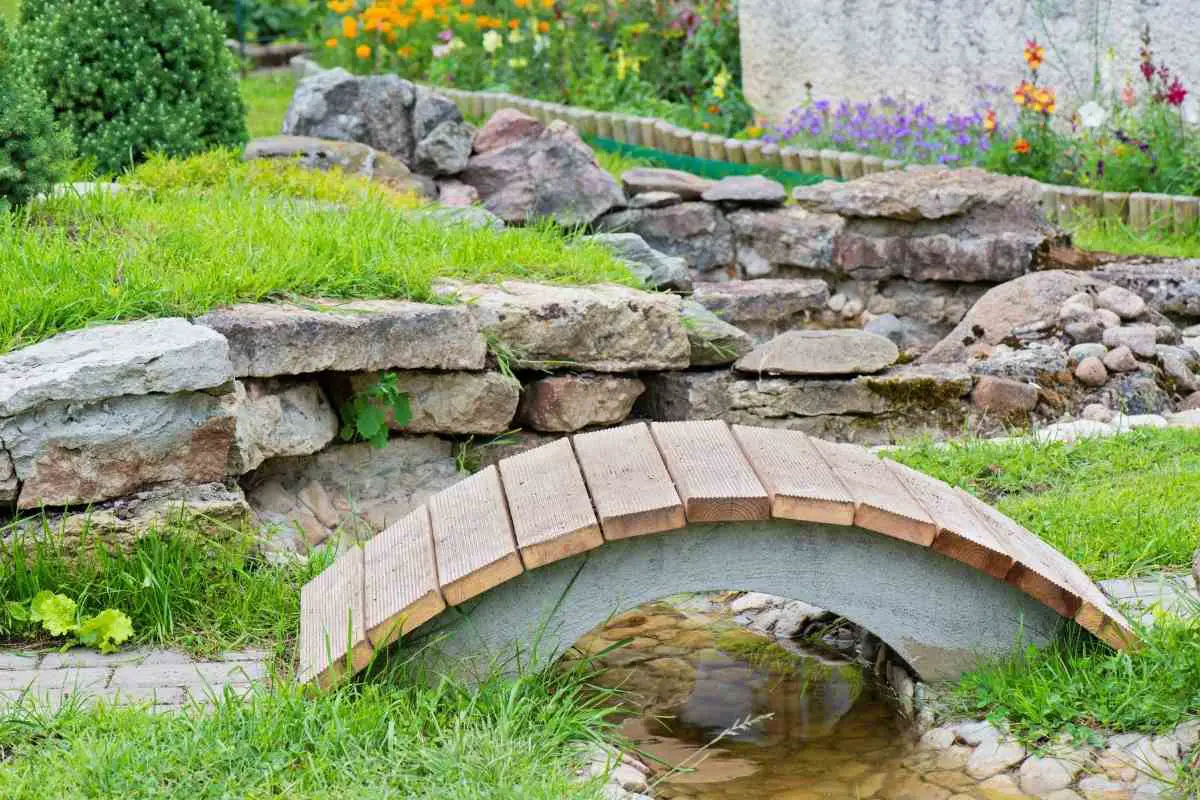
If you are browsing for inspiration for your upcoming garden project, we share 18 cute garden rock ideas you can incorporate into your garden design.
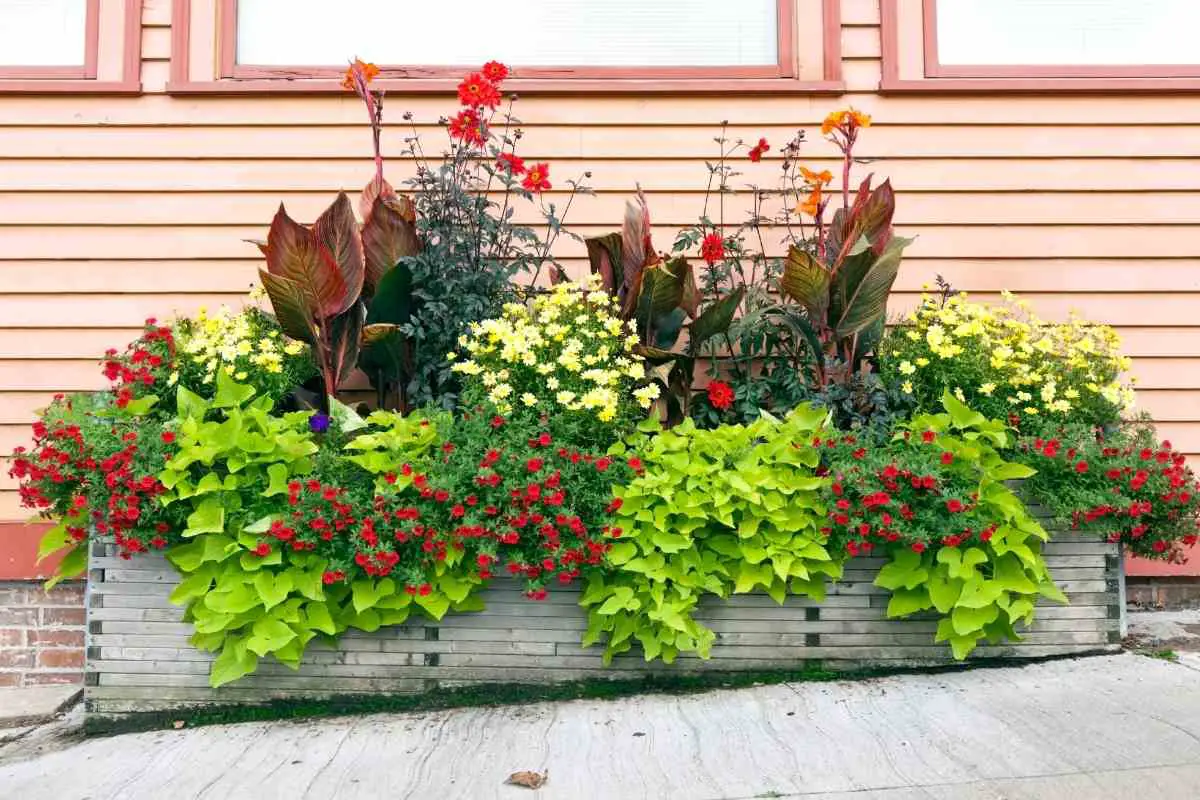
In this blog post, we will discuss 8 types of fabric that are perfect for lining planters. We will also provide tips on how to choose the right type of fabric for your needs.
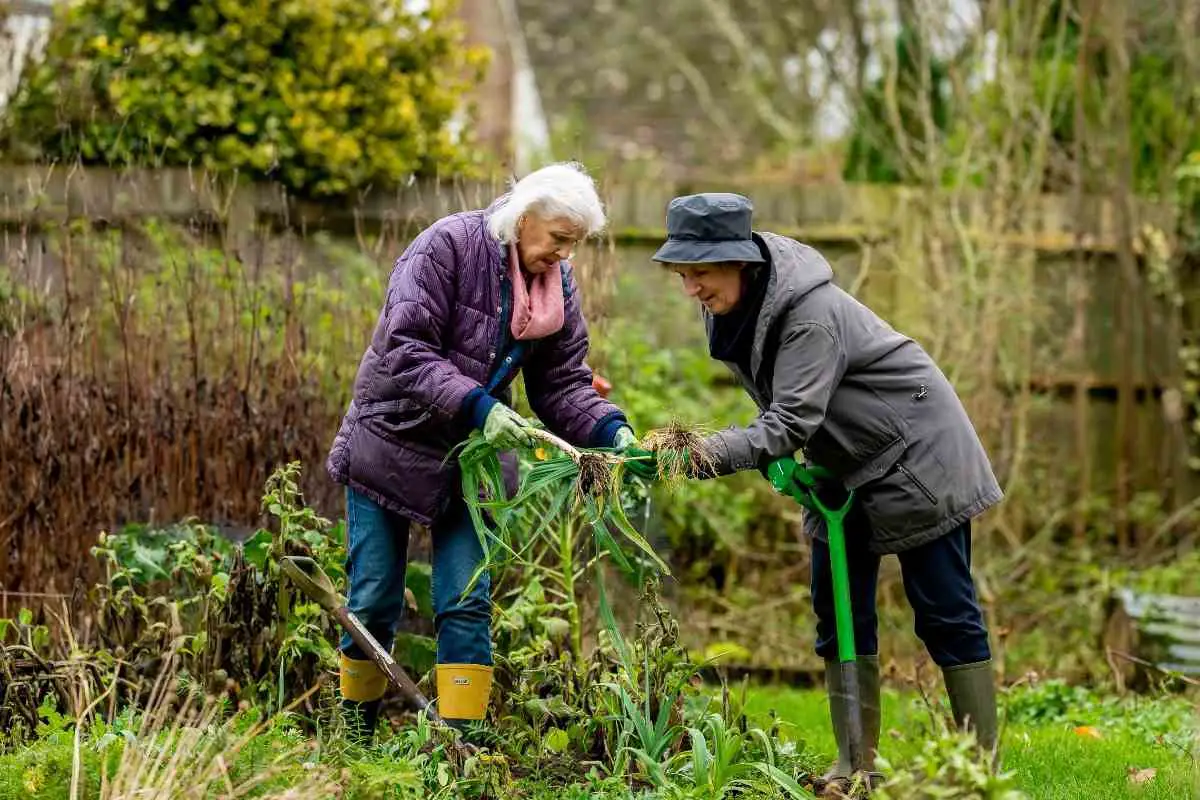
Nurturing a garden is a lifelong endeavor that, if done correctly, will have you enjoying every moment you spend there. Read on to discover the many ways to enjoy gardening more.

While beer may seem good for plants, it’s likely to do more harm than good. If you’re looking for a natural way to fertilize your plants, consider using coffee grounds or banana peels instead.
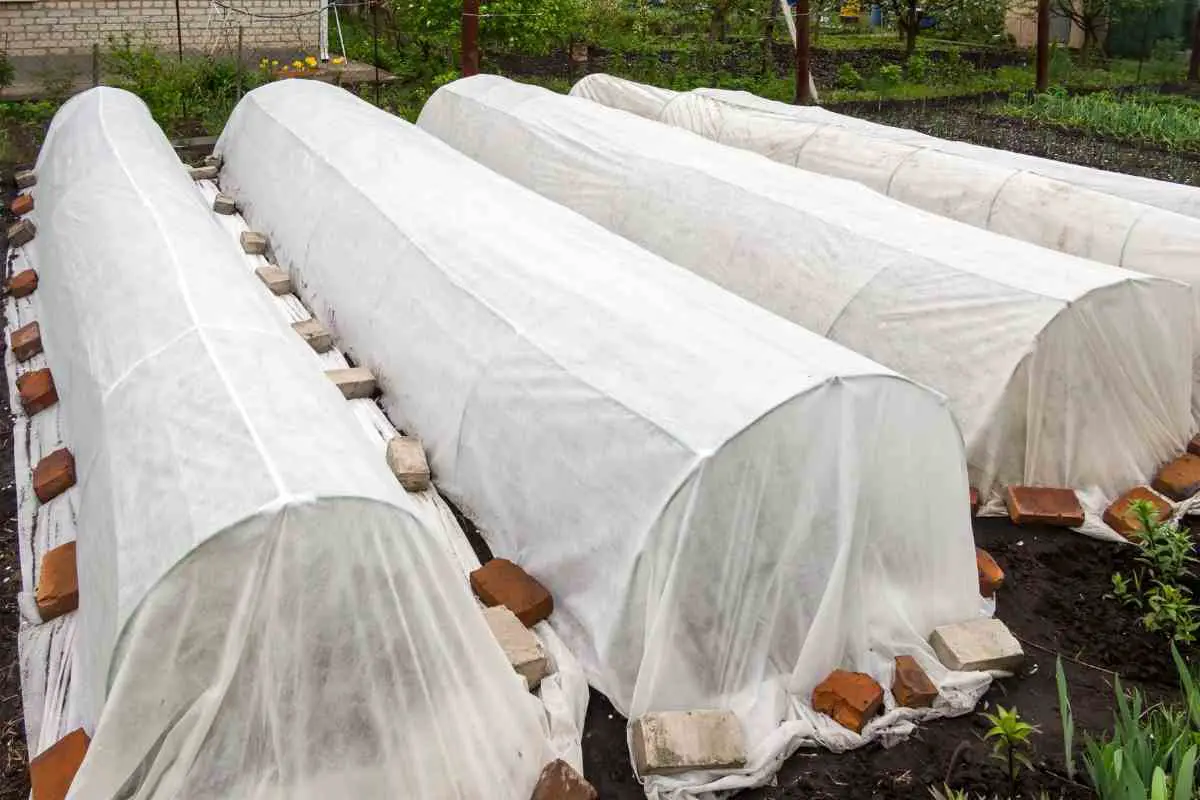
It is essential to take precautionary measures when the cold weather sets in. Some gardeners apply mulch to provide warmth to the plant, while others use synthetic fabrics. Whatever you use, ensure that it does not encourage the growth of weeds and the spread of diseases.

These days, organic gardening and farming practices are becoming increasingly popular, and this means that gardeners need to find organic fertilizers. One such organic fertilizer is kelp seaweed! Here’s our comprehensive Gardener’s Guide to using kelp fertilizer in your garden.
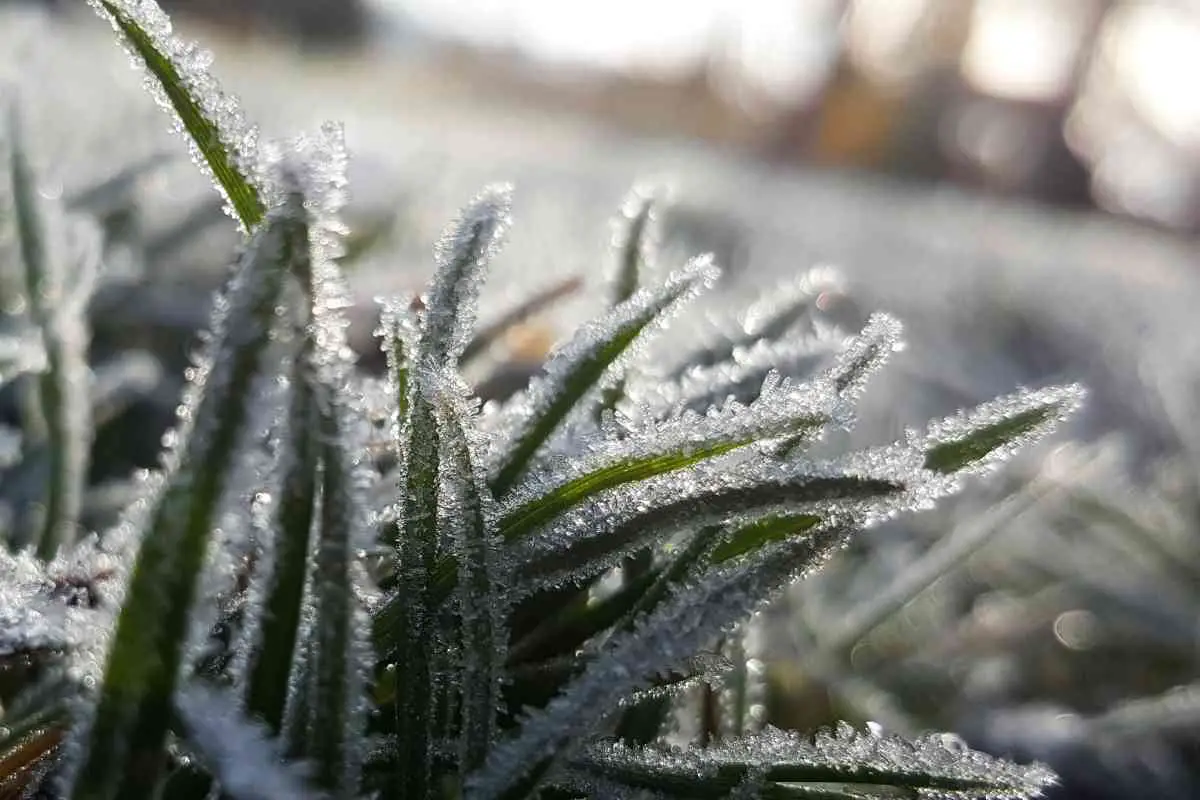
If you take care of your lawn, most grass varieties do not die in the winter. However, under harsh winter conditions, the grass turns brown and enters a dormant state. Once the temperatures start rising in spring, the grass resumes its growth.
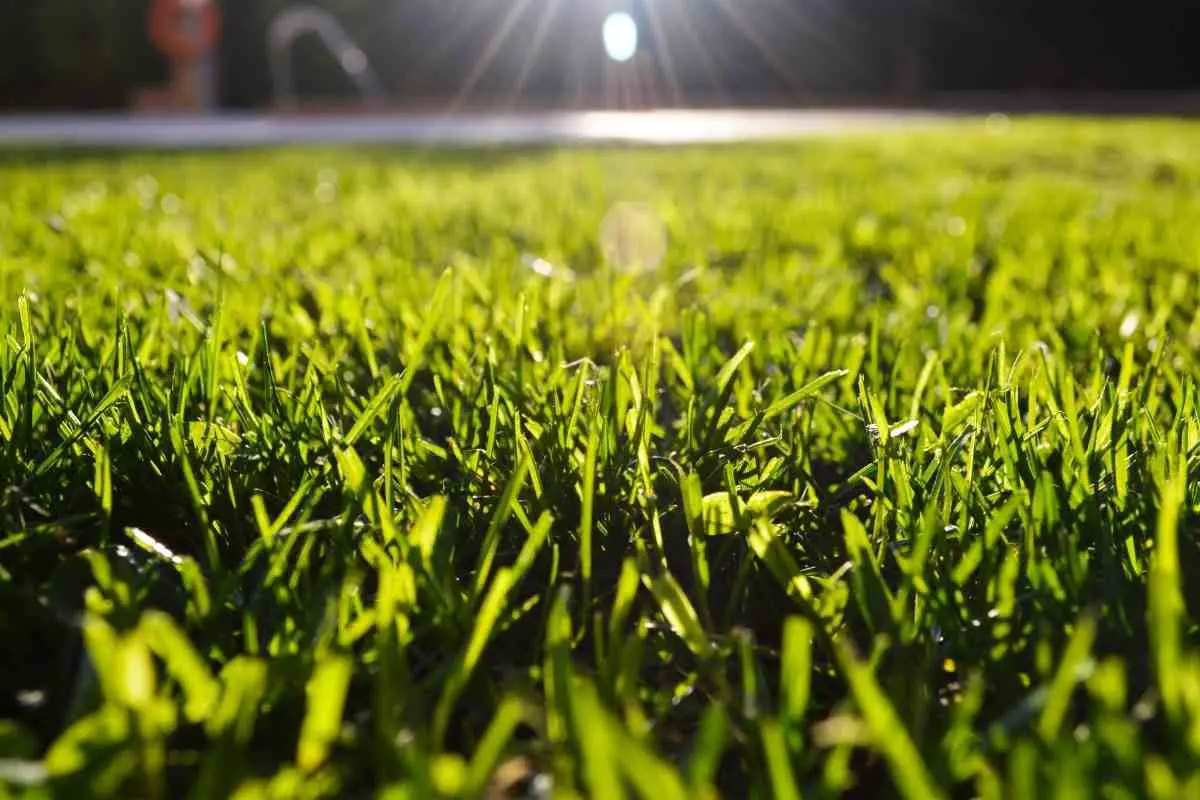
Although nitrogen is the most copious gas in the atmosphere and soil holds a substantial amount of the element, plants can’t utilize it in its pure form. So instead, they rely on nitrogen-fixing bacteria to convert it into an absorbable form.

Humidity trays are great for certain types of plants but they won’t work in every situation. If you have a plant that requires a slightly higher level of atmospheric humidity then these trays are ideal.
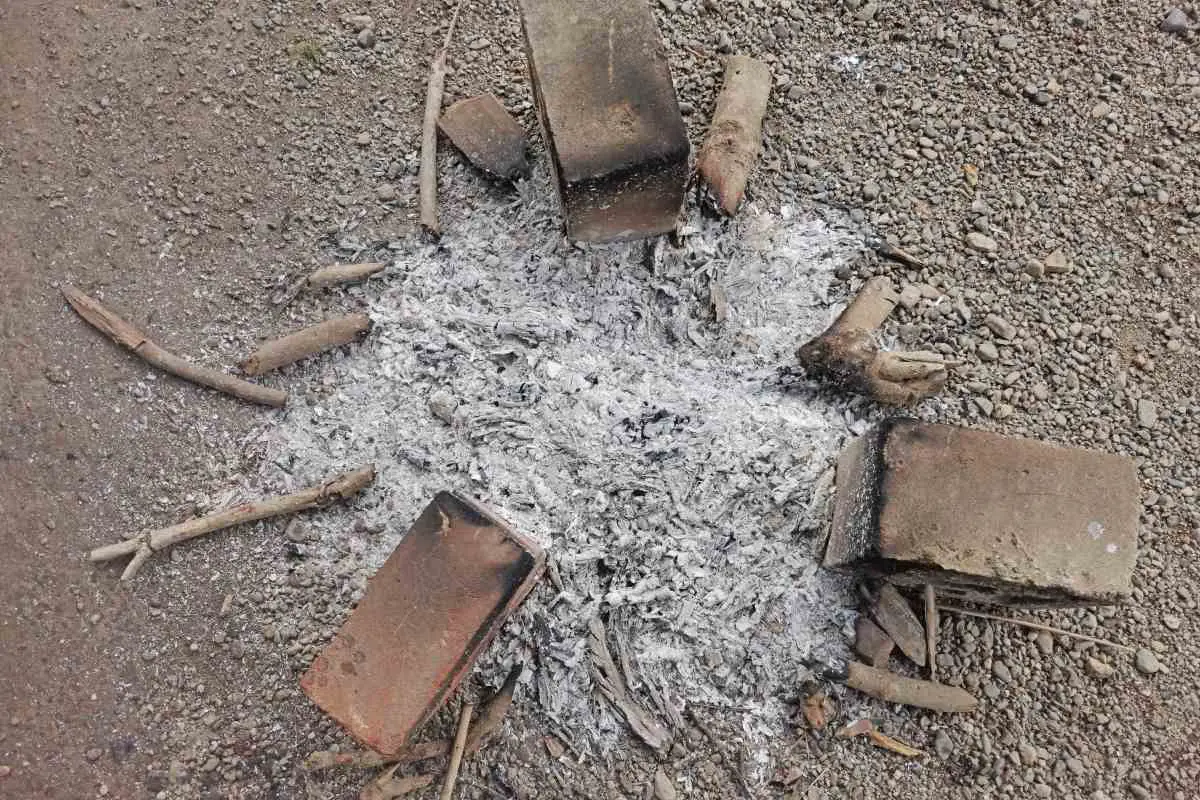
Charcoal ash isn’t only safe for your plants but it also brings many benefits and can improve your plant’s health in multiple ways. In this article, we’ll discuss how to use this material in your garden and what benefits it offers for your plants.
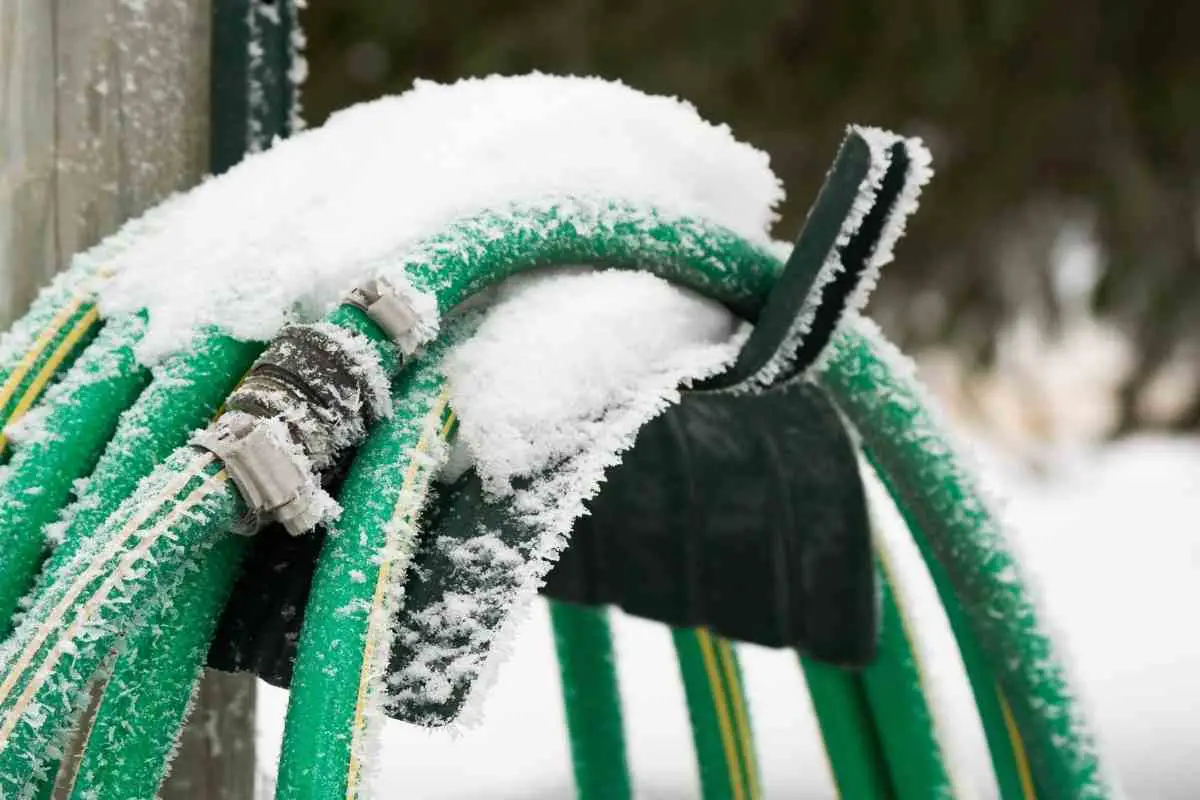
Your garden hose can get damaged if you leave it outside during cold winter. It happens when the water inside the hose freezes and weakens the hose material by expanding. In this article, we’ll discuss some effective methods that will help you keep a garden hose from freezing.
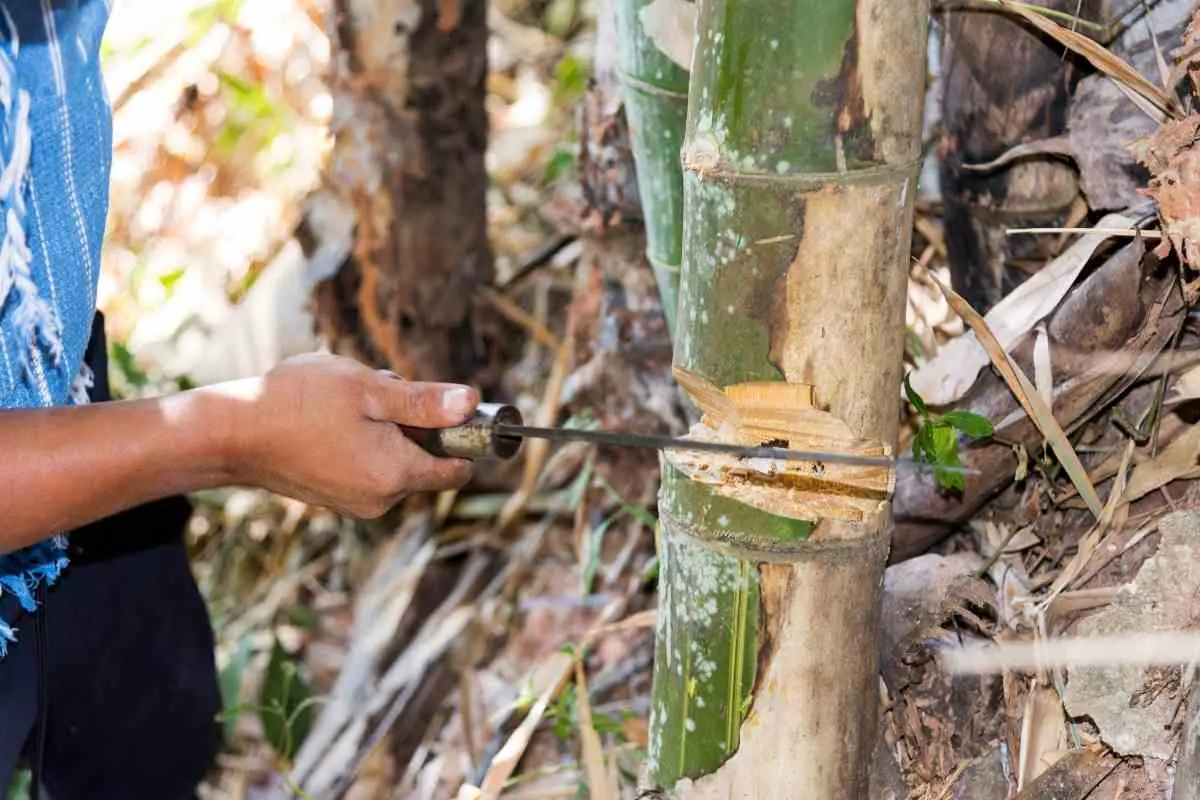
Bamboo is a popular choice over other wood types because it grows fast. However, bamboos have one significant drawback – they aren’t easy to cut. It would be best if you had the best saws for cutting bamboo to make it usable.
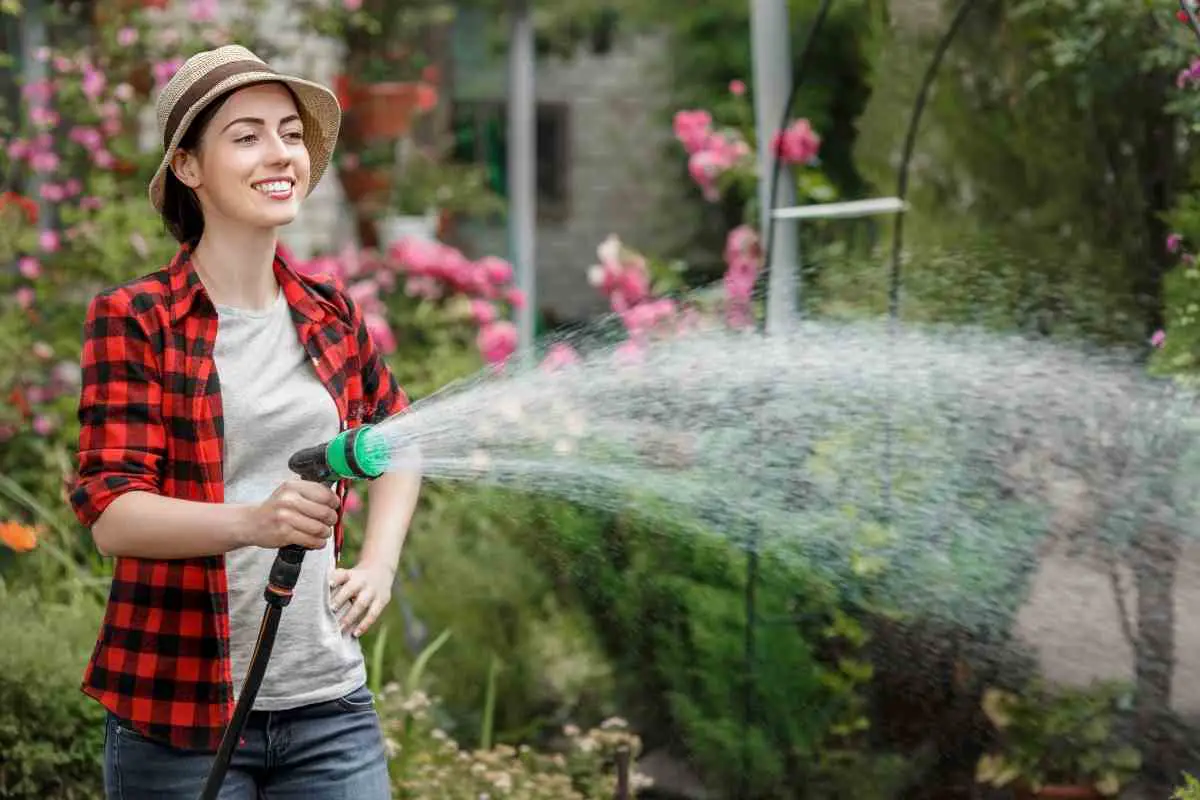
If you’re looking for an excellent hose that will help make your gardening tasks easier, then the Flexi Hose with 8 Function Nozzle is definitely worth considering.
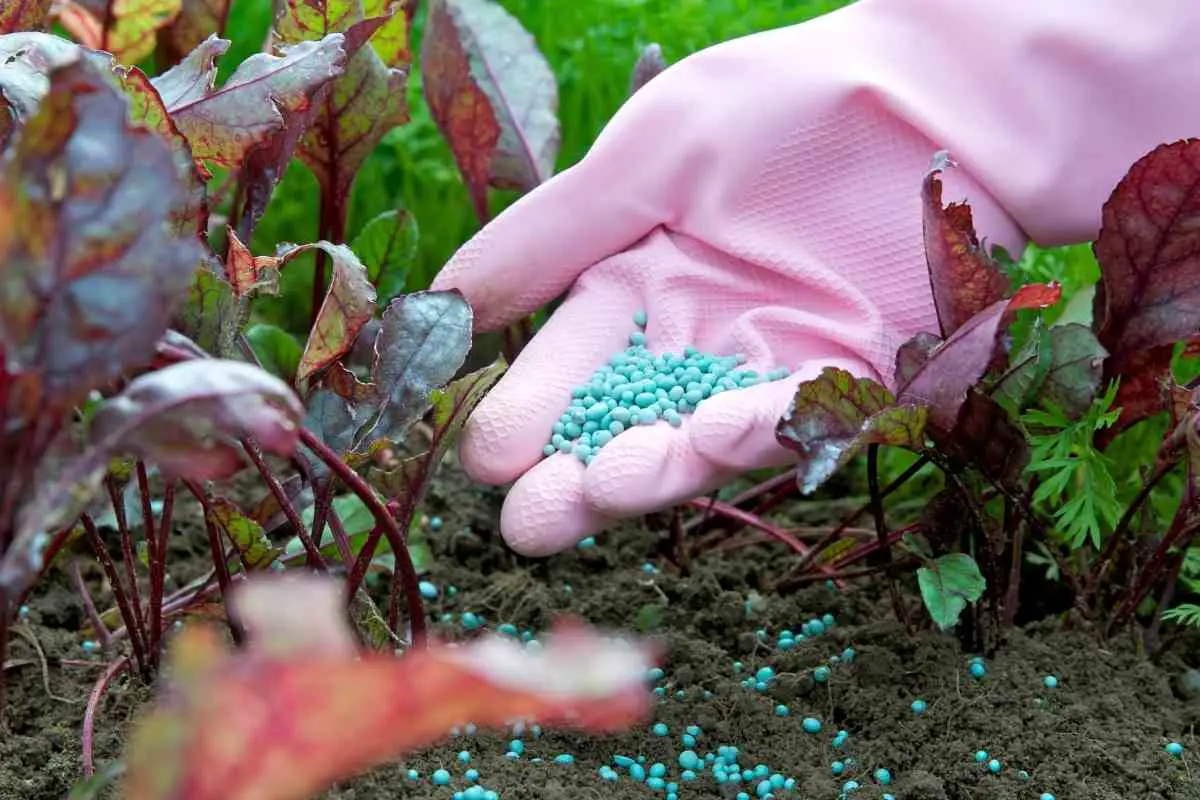
Winter fertilizers (winterizers) usually have high Nitrogen and Potassium quantities. In particular, N to K ratio should be 2:1. For instance, the NPK ratio on the label can be 24:2:12. Notice that the phosphorous level should be minimal since it is not needed during winter.
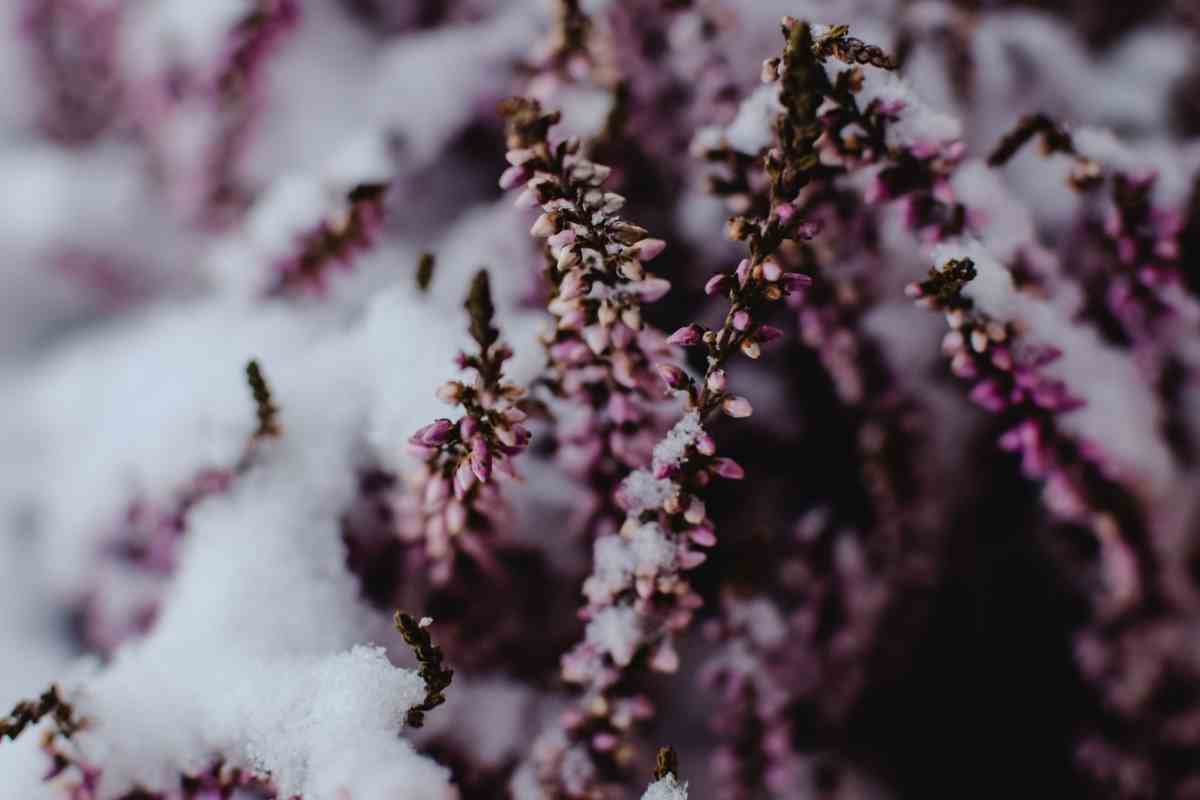
Lavender can survive in many regions. The plant can go dormant in winter and sprout back in spring. In most cases, it stays lush even when the temperatures are low.